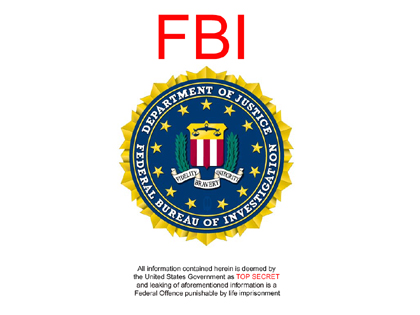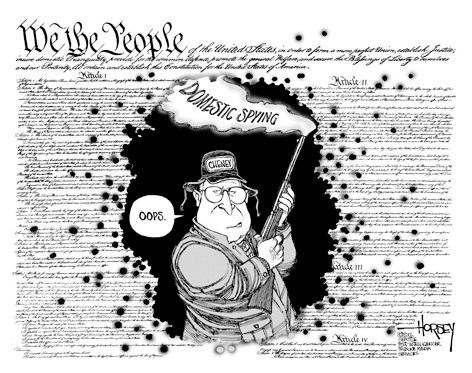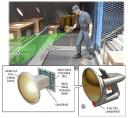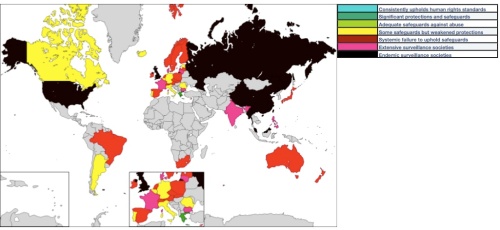Law enforcement welds together intell networks
By Alice Lipowicz
03/14/08 — 01:38 PM
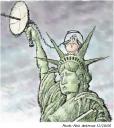 State and local law enforcement agencies are moving to strengthen their links with the National Counter Terrorism Center’s classified online information repository, government officials said yesterday.
State and local law enforcement agencies are moving to strengthen their links with the National Counter Terrorism Center’s classified online information repository, government officials said yesterday.
The center’s secure national Online Secret Web site is now state, local and tribal partners’ primary access point for counterterrorism information, Michael Leiter, acting director of the center, testified to the House Homeland Security Subcommittee on Intelligence, Information Sharing and Terrorism.
“We have been told repeatedly by senior state, local and tribal officials that the information already contained on (Online Secret) meets the vast majority of their counterterrorism needs,” Leiter said.
To increase the usefulness of the Online Secret Web site, the Interagency Threat Assessment Coordination Group is helping to make the information easier to access and more relevant to state and local participants, he said. Also, federal partners including the FBI are posting more products on Online Secret, including daily, situational awareness and comprehensive reports.
The coordination group is preparing an outreach effort explaining to the state, local and tribal users what intelligence they can find on Online Secret and how to access it, Leiter said.
In addition, Leiter said, state and local partners are deploying additional information technology networks, which they refer to as pipes, to connect to the Online Secret network.
Online Secret “is only accessible if one has the right pipes,” Leiter said. “It is my understanding that such systems are being rapidly deployed.”
Two of those networks are the Homeland Security Secure Data Network (HSDN) and the FBI’s FBInet, said Charles Allen, undersecretary for intelligence at the Homeland Security Department.
DHS is helping intelligence fusion centers connect to Online Secret through the secure data network, Allen said.
“DHS is on track to deploy HSDN to 41 state and local fusion centers by the end of fiscal year 2008,” Allen said.
Strengthening information-sharing networks often offers opportunities for IT contractors. DHS, for example outsourced portions of the development, operation and security of its Homeland Security Information Network for sharing unclassified information with state, local and tribal partners.
